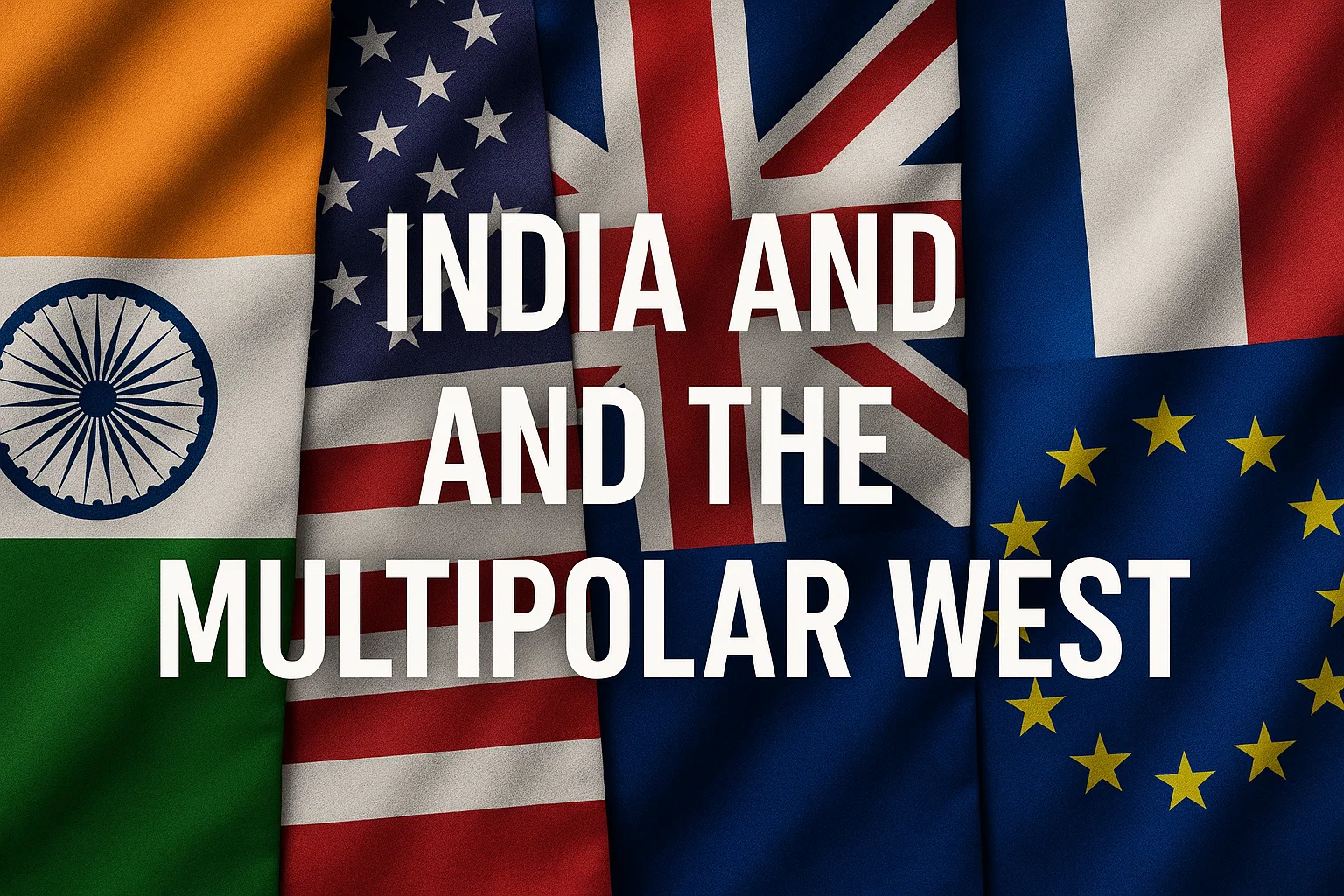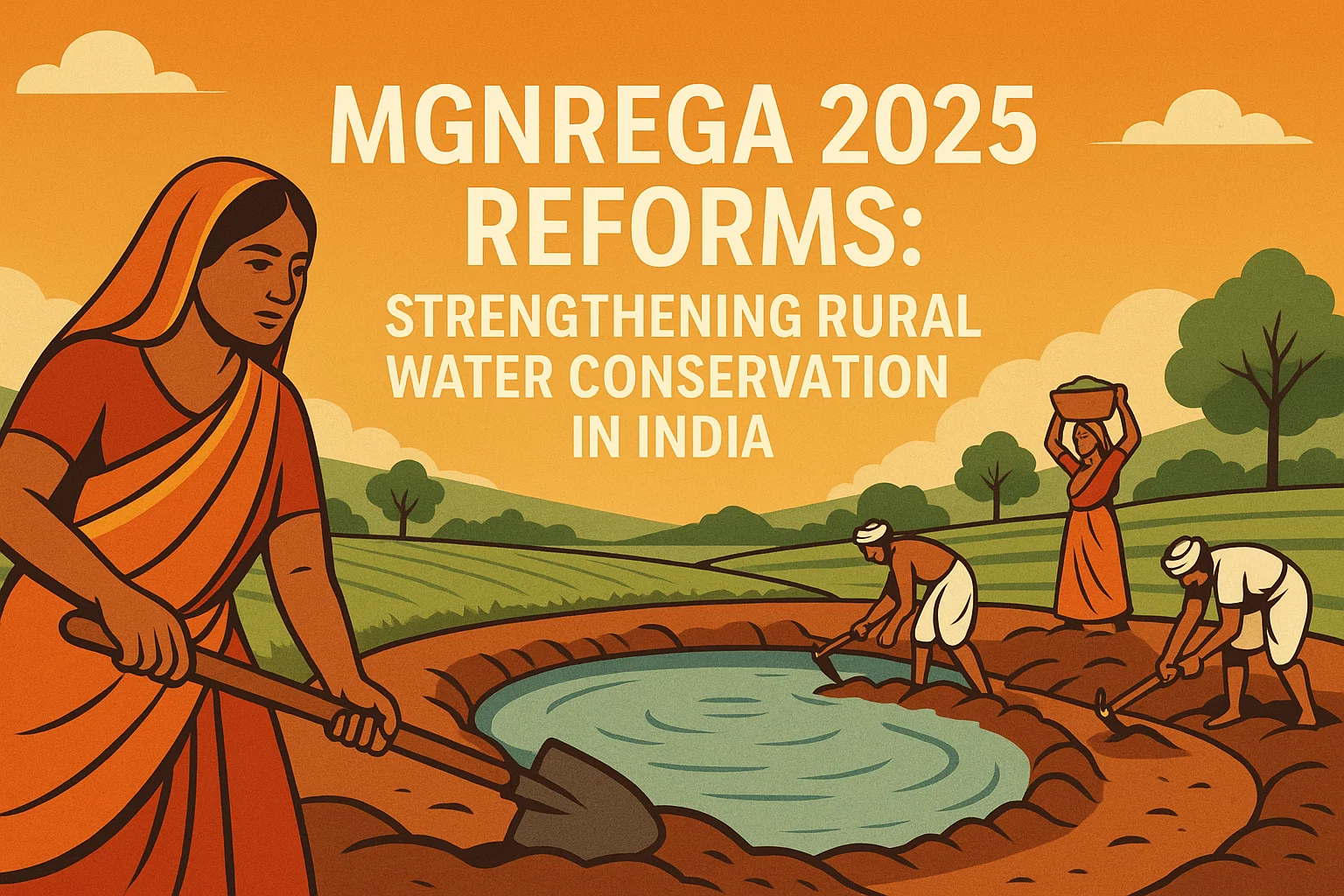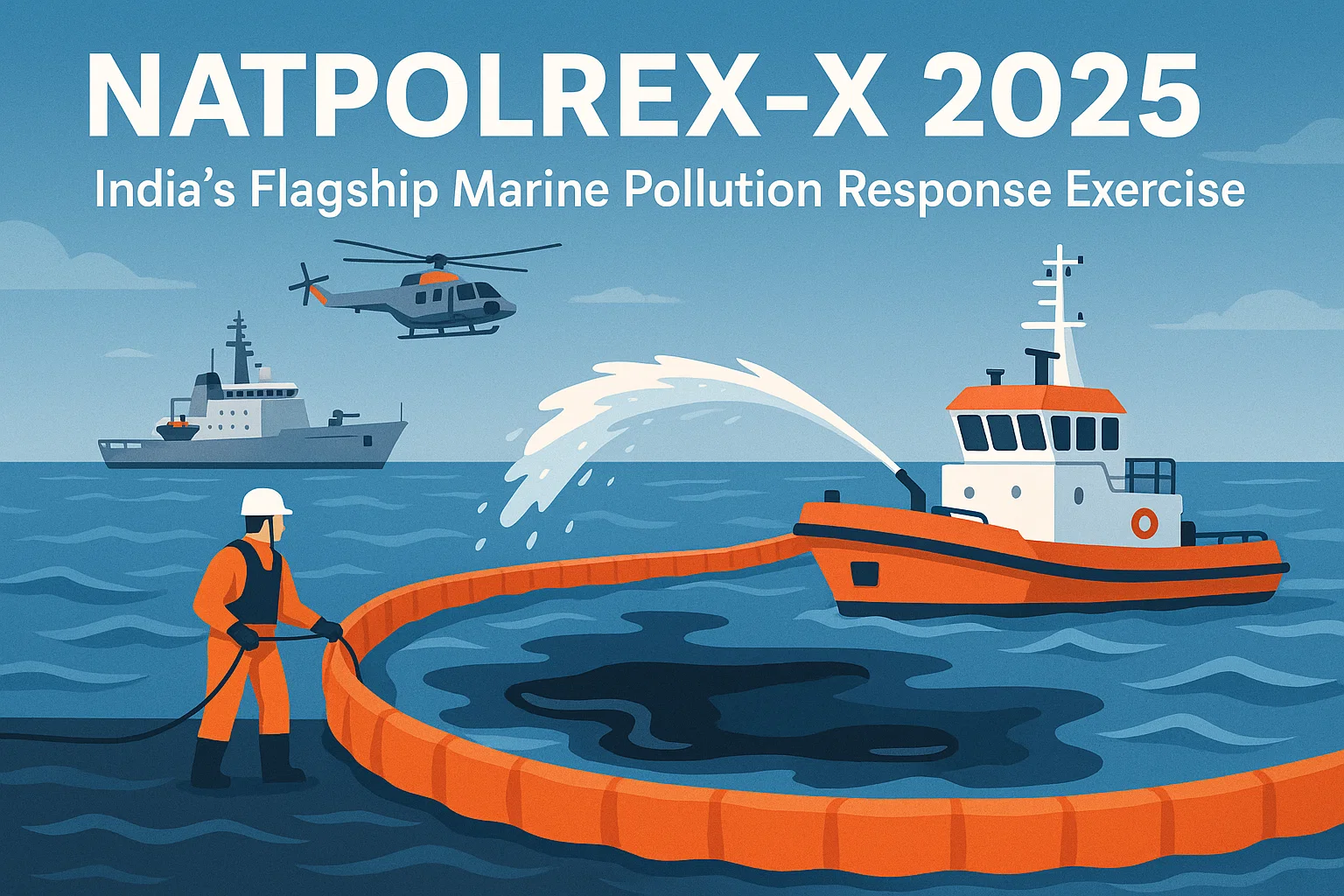Font size:
Print
Digital Influence and the Dark Side of Virality: A Critical Look at Misinformation and Ethics
Digital Influence Under Fire: Powerful Reforms Needed to Tackle Misinformation
Context:
The rise of digital connectivity in India has transformed how information is created, consumed, and disseminated. However, the same platforms that enable communication and awareness have become hotbeds for misinformation, de-influencing, and clickbait-driven narratives.
- The evolving digital influencer ecosystem demands a comprehensive legal, ethical, and regulatory framework to protect consumer rights, uphold credibility, and ensure responsible public discourse.
Opportunities and Challenges in Digital Influence
- Rise of De-influencing and Sensationalism
- De-influencing, the trend where influencers discourage certain purchases, can foster mindful consumption.
- However, it is often driven by sensationalism, shock tactics, and clickbait rather than informed critique.
- Exaggerated negativity used for virality can mislead rather than educate consumers.
Legal and Ethical Framework
- Constitutional and Legal Protections
-
- Article 19(1)(a): Guarantees freedom of speech.
- Article 19(2): Allows reasonable restrictions for: Public order, Defamation & Morality
-
- Key Legal Provisions
-
- Consumer Protection Act, 2019:
- Prohibits misleading advertisements.
- Holds influencers accountable for deceptive promotions.
- Information Technology Act (Sections 66 & 67):
- Penalises objectionable or false digital content.
- Intermediary Guidelines, 2021:
- Mandates due diligence by platforms.
- Ensures traceability of content originators.
- Defamation Laws:
- Protect individuals and brands from malicious or false endorsements.
- Consumer Protection Act, 2019:
- Misinformation and Clickbait Epidemic
- Digital platforms have become primary sources of health, financial, and lifestyle advice, often sidelining experts and verified sources.
- Influencers exploit ambiguous language, cherry-picked data, and misinterpreted studies, leading to the spread of half-truths and emotional manipulation.
India’s Vulnerability to Digital Misinformation
- Findings from Global Reports
- As per the World Economic Forum’s 2024 Global Risks Report, India is among the most misinformation-prone nations, due to:
- Increasing reach of AI-generated content.
- Unchecked influence of social media platforms.
- Limited public access to critical media literacy.
- As per the World Economic Forum’s 2024 Global Risks Report, India is among the most misinformation-prone nations, due to:
- Health and Wellness: A Critical Sector
- Misleading content about diets, weight loss, immunity boosters, etc., blurs lines between organic advice and paid promotion.
- Health advice must be disseminated only by qualified professionals, given the safety implications.
Need for Systemic Reform
- Institutional Mechanisms
- Establish a centralised registration system for influencers, especially those providing public health information.
- A dedicated system can:
- Enable real-time monitoring.
- Ensure traceability and accountability.
- Protect consumers from fraudulent claims.
- Ethical Dimensions
- Ethical content creation must go hand-in-hand with legal compliance.
- Brands and influencers must disclose affiliations, source claims, and avoid sensationalism.
- The goal should be to foster trust-based digital engagement.
Sector-Specific Regulations and Judgements
- Regulatory Guidelines
- ASCI (Advertising Standards Council of India) and SEBI guidelines:
- Not legally binding, but promotes ethical advertising.
- Non-compliance may result in blacklisting and public reprimand.
- SEBI regulations on Finfluencers:
- Prohibit real-time stock data usage in content by non-experts.
- Aim to curb unqualified financial advice dissemination.
- ASCI (Advertising Standards Council of India) and SEBI guidelines:
- Judicial Interventions
- Delhi High Court: Restrained an influencer from disparaging a brand, reaffirming that:
- Freedom of speech is not absolute.
- Content must be factual and backed by credentials, especially in health communication.
- Indian Medical Association vs Union of India: Held influencers legally accountable for false medical endorsements.
- Delhi High Court: Restrained an influencer from disparaging a brand, reaffirming that:


